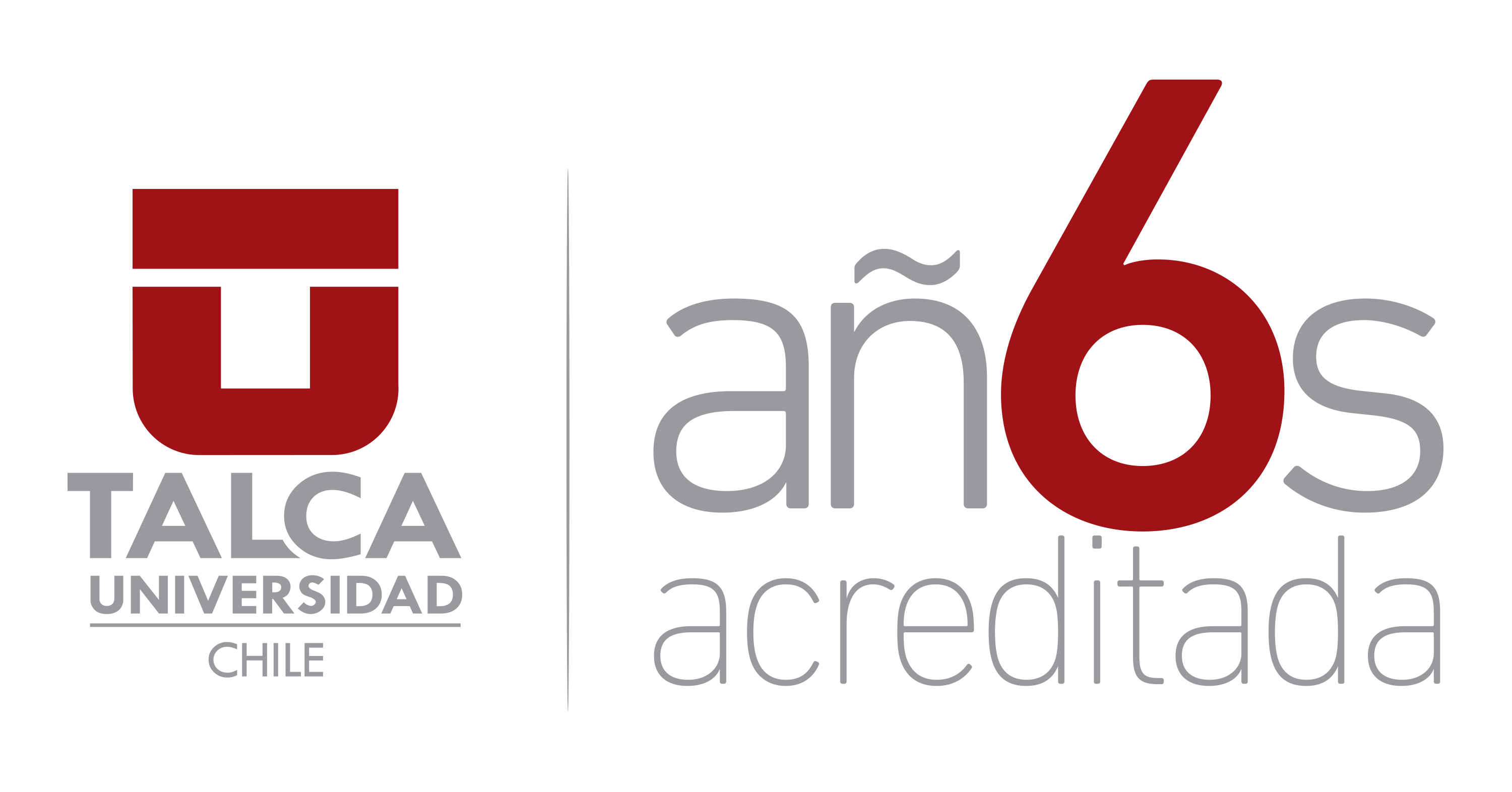Certain private loan providers render student loans versus a beneficial cosigner. Nonetheless usually require that you has actually a good credit score and you will an excellent solid money.
An excellent credit score and you will earnings helps you qualify for a student-based loan instead a beneficial cosigner. Before applying, research and you can compare several mortgage choice.
While an undergraduate beginner, a student-based loan may be the basic style of financing your apply for. Private lenders normally consider carefully your earnings and you will credit to assess if or not you can repay the loan – two things you’re quick into the. Implementing having an effective cosigner increases their approval opportunity and maybe rating a diminished rate of interest – but when you cannot find a good cosigner, don’t get worried.
Most federal student loans don’t require you to have a cosigner. But if you max out your federal student loan limit, your only option may be to take out a private education loan as opposed to a good cosigner.
- How to find a student loan rather than a cosigner
- Do you want a grandfather in order to cosign an educatonal loan?
- How can you rating figuratively speaking should your mothers generate too far currency?
- Advantages of taking out fully student loans which have an excellent cosigner
- How to alter your probability of taking a student loan instead of a cosigner
A cosigner is a person who agrees to repay a loan if you don’t make your payments – anyone who meets a lender’s eligibility requirements can cosign a student-based loan for you. When you submit an application for a student-based loan, you have two options: private and federal.
The government even offers federal student education loans. Really federal figuratively speaking don’t need you to definitely enjoys a beneficial cosigner. As well as usually do not require a credit score assessment, so it tends to be simpler to be considered.
Private lenders offer personal college loans, which aren’t backed by the federal government. Although most private student loan lenders require a cosigner, some give loans to borrowers without a cosigner if they meet certain requirements. Even if you have to initially apply for a private student loan with a cosigner, most lenders give you the option to release or lose an effective cosigner after you’ve made a certain number of on-time payments.
Government college loans that don’t need an effective cosigner
The U.S. Department of Education offers four types of federal student loans that you can get without a cosigner. Before you apply for one, you’ll first need to complete the Free Application for Federal Student Aid, or FAFSA, which determines what financial aid you may qualify for. Most federal student loans don’t require a credit check, so having minimal or less than perfect credit won’t prevent you from qualifying.
- Head Paid Money – Undergraduates who meet certain income requirements may qualify for this federal loan. While you’re in school, the federal government pays the interest on your loan. Your school determines the amount you can borrow based on your financial need. Undergraduate students can borrow a maximum of $5,500 to $12,500 in Direct Subsidized Loans and Direct Unsubsidized Loans (the actual number depends on your dependency status and year in school).
- Direct Unsubsidized Funds – Undergraduate, graduate, and professional students may qualify for this type of student loan. Unlike Direct Subsidized loans, your eligibility isn’t tied to your financial need. Your loan amount is also determined by the school and depends on the cost of attendance and any amount of federal student aid or scholarships you receive. Graduate students or professional students can take out up to $20,500 in Direct Unsubsidized Loans per year.
- Lead And Money – Direct PLUS Loans are designed for graduate and professional students. Parents can take out a Mother And additionally Financing perfectloans24.com/payday-loans-co/ for their undergraduate dependents. Unlike the loans mentioned above, a credit check is required. The amount you can borrow also depends on your school’s cost of attendance and the amount of federal student aid and scholarships you receive.
